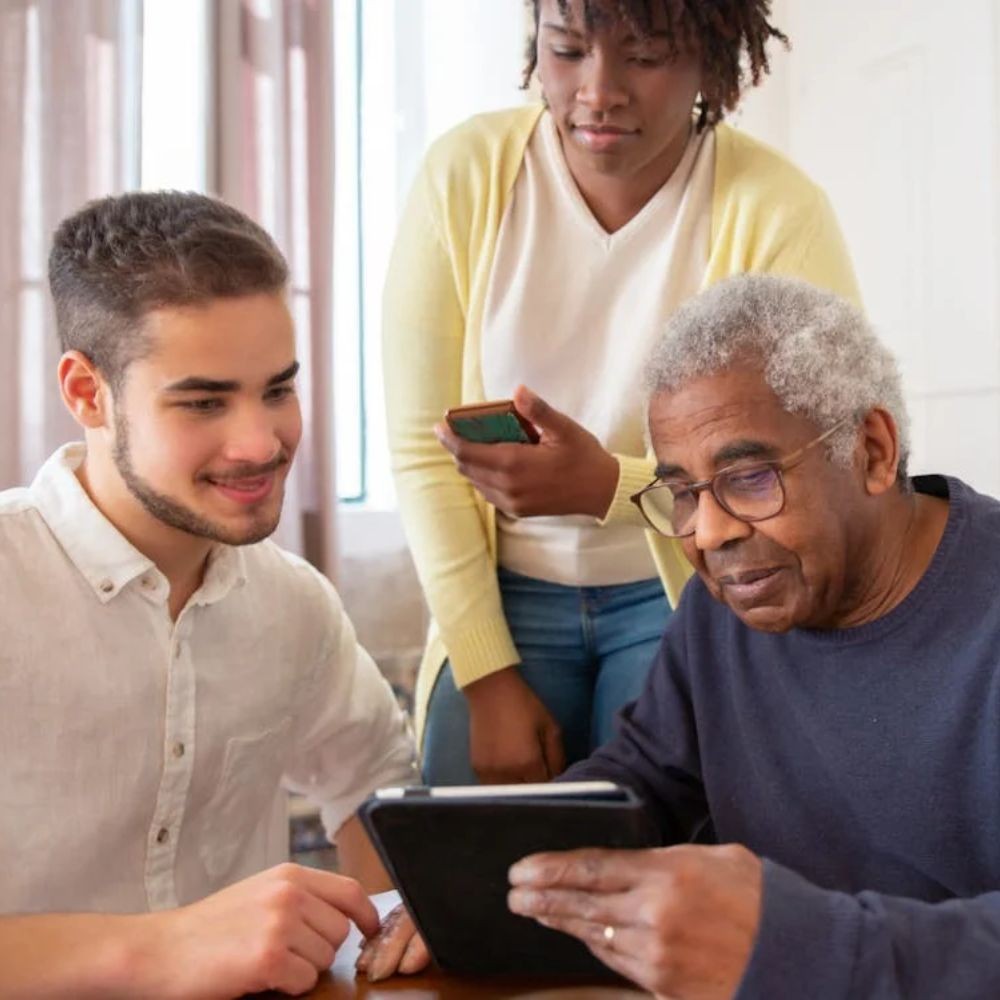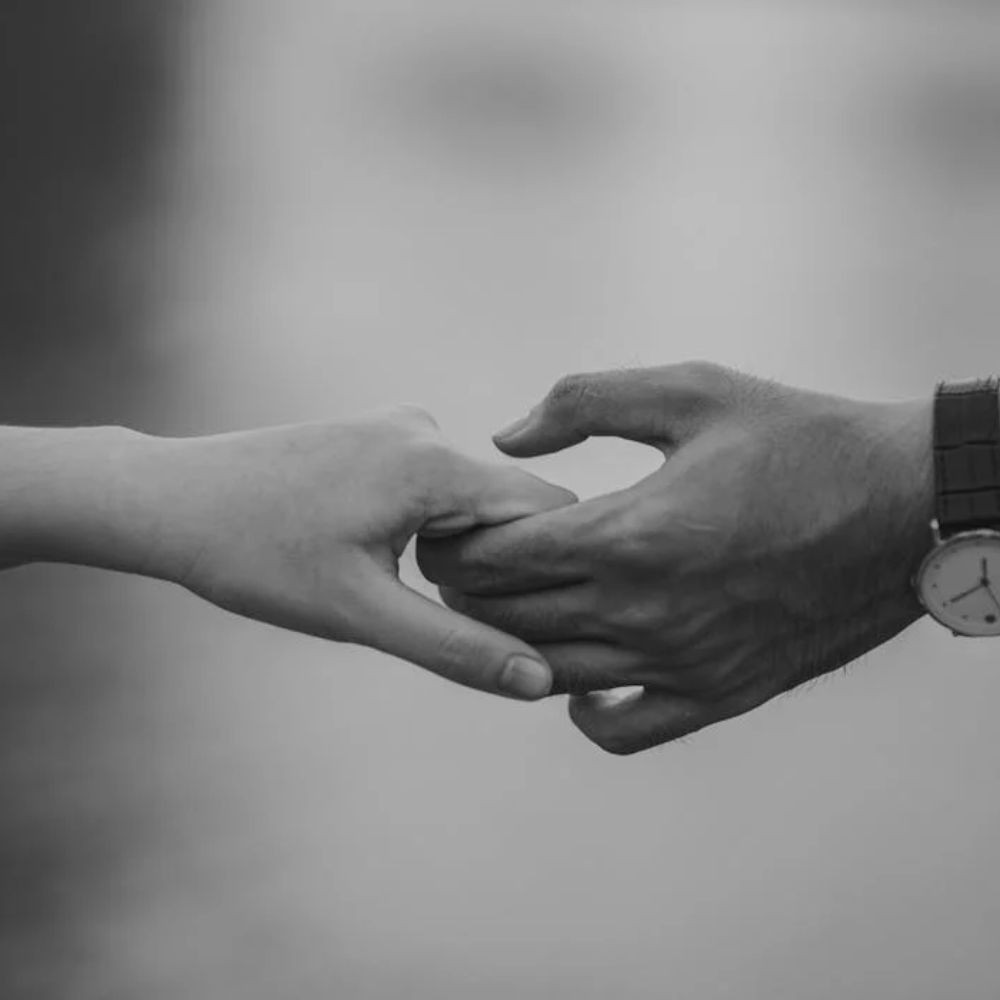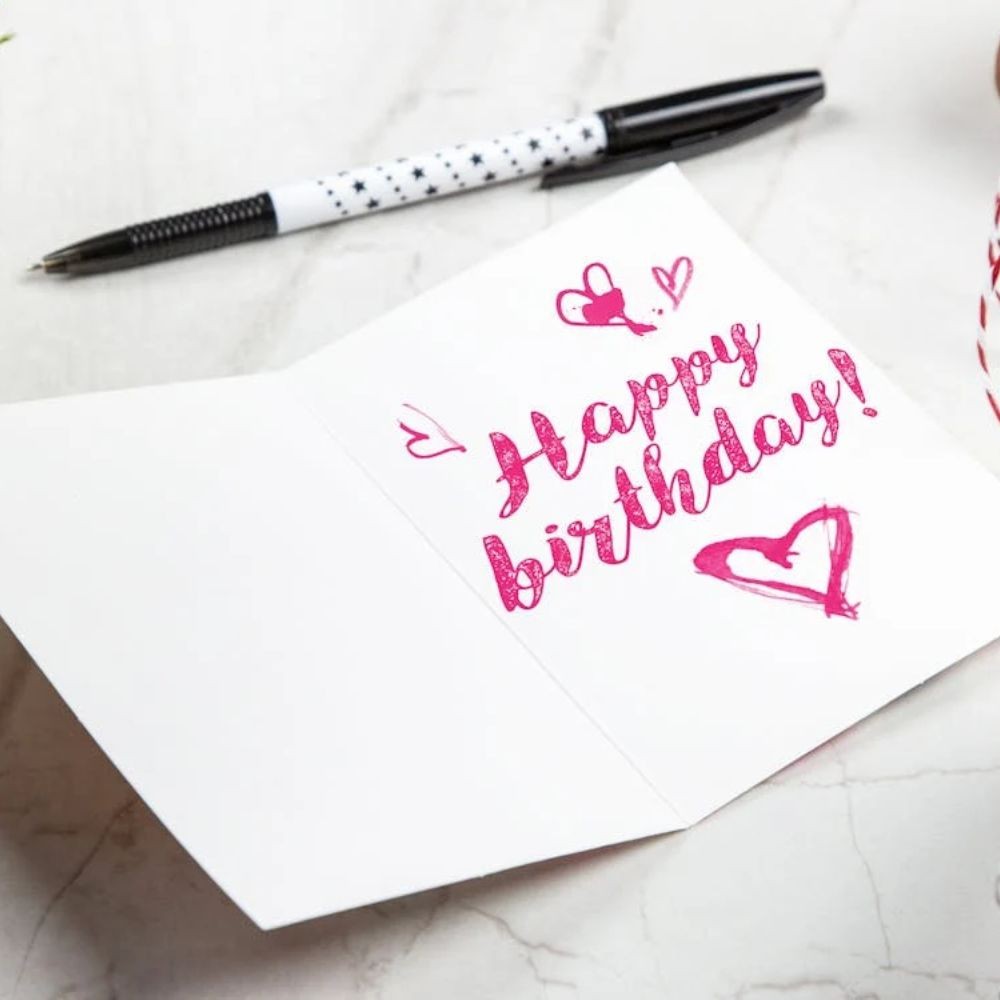When to Say I Love You: Timing the Three Magical Words
Unlock the mysteries of the heart with our guide on when to say "I love you." Discover the best 17 signs that reveal the perfect moment to profess your love.

Finding the right time to say "I love you" in a committed relationship and long-term relationship can be a bit tricky. It's like solving a mysterious puzzle in the world of love that has puzzled many people. It's a conundrum that often leaves us in suspense, waiting for the perfect moment to express our strong feelings and the deep connection we share with our partner. If the question “When to say I love you” has stirred your thoughts and kept you awake at night, you're certainly not alone.
In the symphony of love, no predefined score dictates the precise moment when love should be declared. Some individuals unveil their feelings in weeks, while others wait patiently for years. The beauty of love lies in its unpredictability, and in this article, we embark on a journey to unravel its secrets. We'll delve into the signs that signal the readiness to profess your love and explore the moments when the universe aligns to make it the perfect time for that intimate moment. So, if you've ever pondered the question “when to say I love you,” join us as we unravel the tapestry of emotions and discover the answer you seek in your individual relationship's unique journey.
Should You Say It First?

The decision of whether to say "I love you" first in a relationship is a deeply personal one. There are no universal rules or guarantees, but rather, it reflects your feelings and the dynamics of your connection. It's a choice that should be guided by your intuition and comfort level, as well as an understanding of the dynamics at a deeper level.
Consider the nature of your relationship and how well you know your partner. Please take into account the signs and signals they've given you about their feelings. If you genuinely feel that you're in love and are confident in your partner's reciprocation, saying "I love you" first can be a beautiful and courageous expression of your emotions.

However, it's natural to fear rejection in matters of the heart. If you're uncertain about your partner's feelings or are still in the early stages of getting to know each other, it might be wise to give the relationship more time to develop. Rushing into an "I love you" too soon can potentially put unnecessary pressure on both you and your partner.
In the end, the timing should feel right for you, and it's perfectly acceptable to have an open and honest conversation with your partner about your feelings and your intentions. They may feel the same way but are waiting for the right moment or for you to make the first move. Ultimately, what matters most is that your declaration of love is genuine and heartfelt, fostering mutual respect and kindness in your relationship, regardless of who says it first.
17 Signs It's the Right Time to Say "I Love You"
1. Expressing Long-held Feelings
Should I tell her how I feel? It's natural to contemplate saying "I love you" when those words have been on your mind for an extended period. While movies often depict quick confessions of love, real-life relationships seldom follow such scripts. If you've been harboring these feelings for a while and believe they are genuine, sharing them can be a significant step. Even if your partner doesn't reciprocate immediately, it's a chance to express your emotions honestly and understand where you both stand. So, when the moment feels right, and your heart is sure, don't hesitate to say those three powerful words and let love flourish.
2. Complementary Partnerships
When considering the best ways to say I love you, it's essential to recognize that timing is crucial. Human beings have an inherent need for companionship, seeking partners who enhance their lives, provide support, and navigate life's challenges together. When you and your partner complement each other and contribute positively to each other's well-being, it may signify that the relationship has reached a point where expressing love feels right.
3. Future-oriented Conversations
Transitioning from "you" and "I" to "we" in conversations, discussing plans as a couple, and even mentioning details like pet preferences are indicators of a relationship moving forward. If you and your partner have already embraced such discussions and your relationship is secure and comfortable, expressing your love can strengthen your bond further.
4. Impulsive Yet Sincere Expression
Sometimes, the impulse to say "I love you" becomes irresistible, a testament to the depth of your emotions. While there's a chance your partner may not immediately reciprocate due to surprise or other factors, the sincerity of your confession remains unchanged. It's essential to consider potential outcomes and allow your partner the time they need to process their feelings.
5. Multiple Meaningful Dates
If you've only been on a few dates with someone new, it's generally too early to profess love. Infatuation and initial attraction can be mistaken for love. It's advisable to spend more time together to gain a deeper understanding of your feelings and ensure they are rooted in genuine love.
6. Several Months of Togetherness
After several months in a relationship, you've likely introduced your partner to friends and possibly even your parents. Your connection has evolved, and you are invested in the relationship. When the foundation is this strong, expressing your love becomes a natural progression, and you can reasonably expect your partner to be equally committed.
7. Trusting Your Instincts
If deciding when is a good time to say I love you, the best way is to trust your instinct. At times, intuition plays a pivotal role in making essential relationship decisions. While your rational mind may urge caution, your instincts may guide you to take the leap and express your love. Trusting your heart and conveying your feelings can be a genuine and heartfelt moment, regardless of the immediate response.
8. Acceptance of Vulnerabilities
In the early stages of dating, it's common to focus on the positive aspects of a person. However, as you become more emotionally invested and spend time together, you'll discover their vulnerabilities and intricacies. If your partner has allowed you into their inner world and you've accepted them with all their flaws, it's a sign that you are ready to express your love.

9. Being Prepared for Challenges
Relationships inevitably encounter challenges, from disagreements to family involvement. If you and your partner can weather these storms, reconcile, and remain committed to each other, it signifies your readiness to make the relationship official.
10. Partner's Hints And Actions
If your partner drops hints, spends time with your loved ones, and expresses interest in your inner circle, they may signal their affection and readiness for a more profound commitment. In such cases, it's an opportune moment to share your feelings and align your expectations.

11. Overwhelming Thoughts of Love
When thoughts of love dominate your mind, making it challenging to concentrate on other aspects of your life, and you find yourself daydreaming about your partner frequently, it indicates deep, passionate feelings. In such an emotionally charged state, expressing your love can be a heartfelt and honest gesture.
12. Shared Experiences And Milestones
If you and your partner have shared significant experiences and milestones, such as traveling, moving in together, or overcoming challenges as a team, it can signify a deepening connection. These shared moments can create the emotional foundation for expressing your love.

13. Respectful of Each Other's Pace
A healthy relationship involves respecting each other's emotional pace. If both you and your partner are considerate of each other's readiness to take the relationship to the next level, it fosters a sense of trust and emotional safety. Expressing love should ideally occur when both parties feel comfortable.
14. Support Through Difficult Times
Love often reveals itself in times of adversity. If your partner has been a source of unwavering support during your challenging moments, and you've reciprocated this support, it may be an appropriate time to acknowledge your feelings and strengthen your bond further.

15. Alignment of Long-term Goals
When you and your partner share similar long-term goals, whether related to family, career, or personal aspirations, it indicates compatibility and commitment. Discussing your shared future can naturally lead to expressing your love.
16. Open And Honest Communication
A relationship built on open and honest communication is more likely to thrive. If both you and your partner have created a safe space for vulnerability and have openly discussed your feelings, it can pave the way for a sincere declaration of love.
17. Physical Intimacy And Emotional Connection
Physical intimacy, coupled with a deep emotional connection, can be a powerful combination. If your physical relationship is complemented by heartfelt conversations and a sense of emotional closeness, it may be a sign that your relationship is ready for the next step.
When You Shouldn't Say It
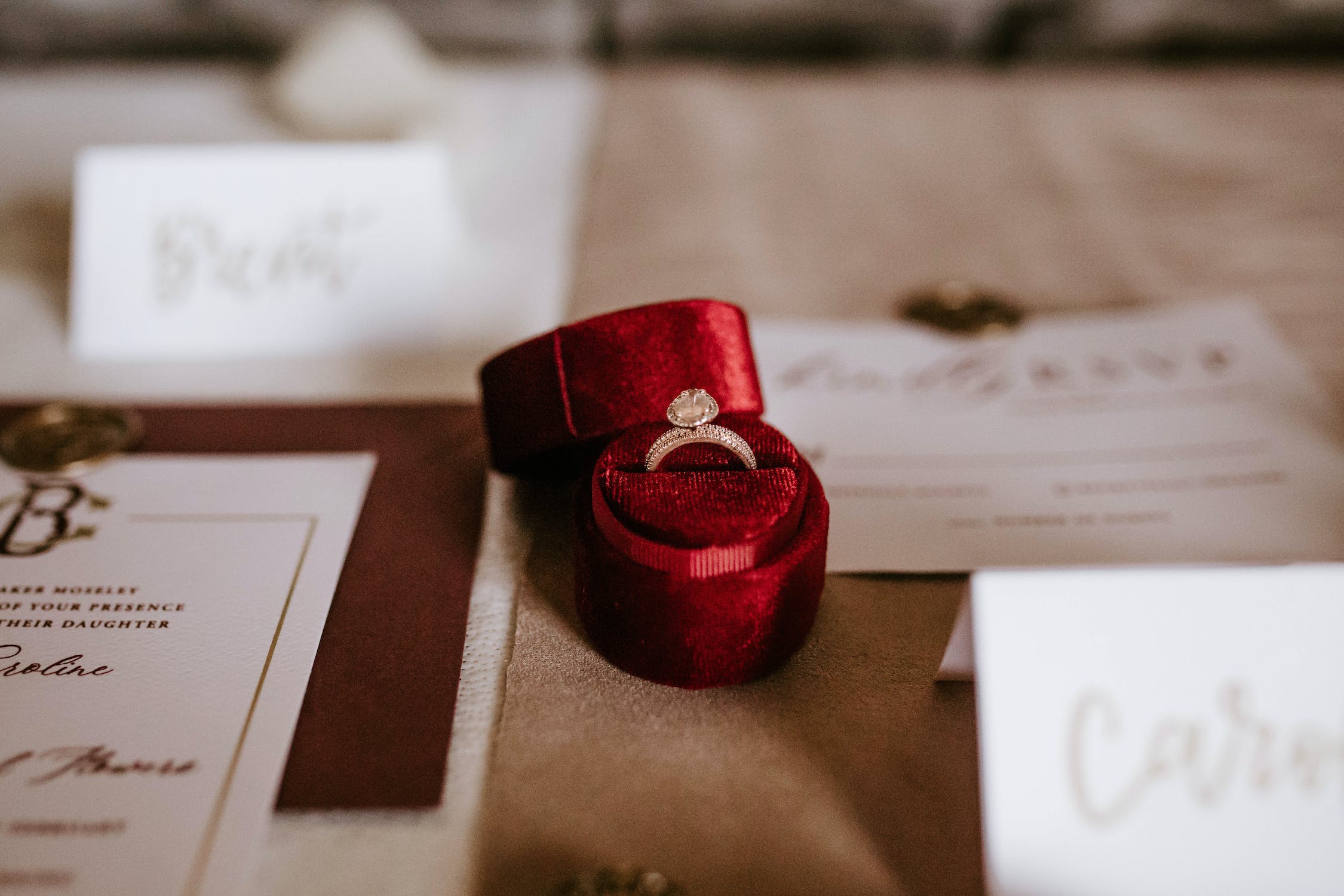
There are certain situations and circumstances in which it's wise to exercise caution and refrain from saying "I love you" in a romantic relationship:
1. Too Early in the Relationship
Expressing love too early in a relationship can pose challenges. Typically, love deepens as you get to know your partner better, share experiences, and build a connection over time. Rushing to say "I love you" within the first few dates or weeks may make your partner feel uncomfortable or pressured, as they may not have had sufficient time to develop the same level of feelings.
2. Pressure Or Expectation
Love should be freely given and not forced or expected. It should stem from a genuine desire to express your emotions rather than a sense of obligation. Succumbing to external pressure, whether from your partner or societal norms, can lead to insincerity and a lack of authenticity in your relationship.

3. In the Heat of the Moment
Saying "I love you" during emotional or heated moments, such as arguments, may not accurately reflect your true feelings. Such situations can cloud your judgment and make it challenging to discern whether you genuinely love the person or are merely reacting to the moment's intensity. It's better to address the issues first and have a calm, rational conversation about your feelings when emotions have settled.
4. To Manipulate Or Gain Favor
Using love as a manipulation tactic to control someone's behavior or gain an advantage is not a healthy relationship approach. It's crucial to be honest and transparent about your feelings without hidden agendas. Employing such tactics can damage trust and the overall health of the relationship.
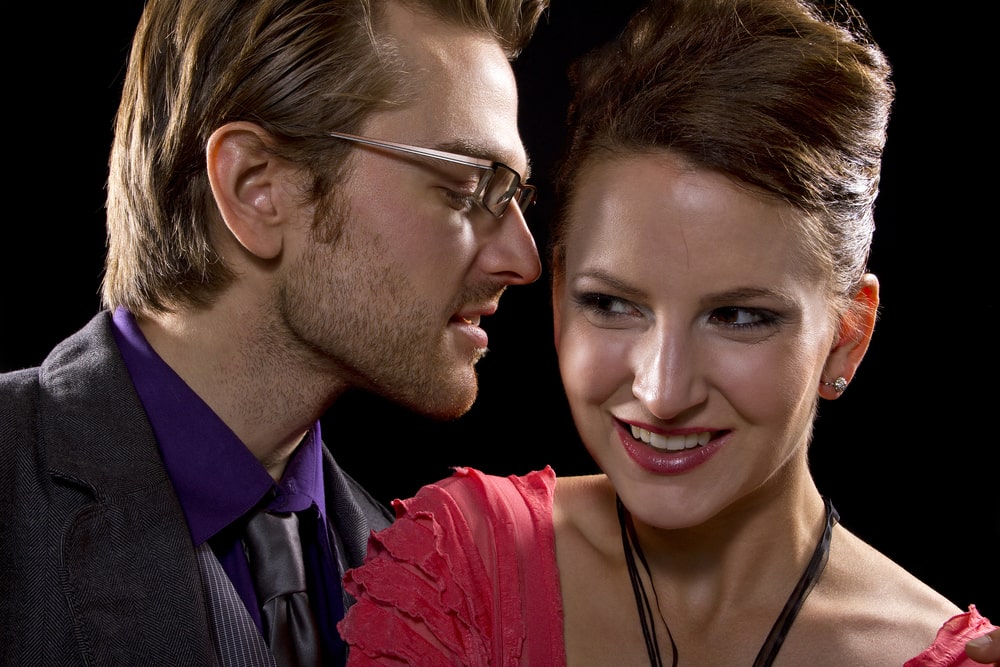
5. When You're Unsure
If you're uncertain about your feelings or have doubts about the relationship's future, it's wise to refrain from saying, "I love you." Love should be expressed when you genuinely feel it and are confident in your emotions. Evaluating your feelings and the relationship can prevent misunderstandings and potential heartbreak.
6. In a Rebound Relationship
Rebound relationships, which often occur shortly after a breakup when emotions are still raw, require caution. It's essential to give yourself time to heal and process your feelings before professing love to a new partner. Rushing into a new relationship without emotional readiness can lead to complications and may not result in a genuine, lasting connection.

7. To Fill a Void
Using love to fill an emotional void or combat loneliness is not a healthy foundation for a relationship. It's crucial to cultivate self-love and address any personal issues before seeking love from someone else. A relationship should complement your life, not be the sole source of happiness and fulfillment.
8. If It's Not Genuine
Love should be an authentic and sincere expression of your feelings. Saying "I love you" when you don't genuinely feel it can lead to misunderstandings and hurt feelings. It's essential to be honest with yourself and your partner about your emotions and communicate openly to avoid confusion and potential relationship problems.
What if They Don't Say It Back: The Challenge of Unanswered Love?

1. Stay Calm And Patient
Avoid jumping to conclusions or assuming the worst. Take a breath and remain composed.
2. Avoid Assumptions
Understand that their response (or lack thereof) doesn't define their feelings for you.
3. Respect Their Pace
Recognize that everyone expresses love differently and at their own pace.
4. Initiate a Conversation
Choose an appropriate time to talk openly about your feelings and the significance of their response.

5. Ask for Their Perspective
Encourage them to share their thoughts and feelings, allowing open and honest communication.
6. Listen Actively
Pay attention to their words and non-verbal cues. This will give you insight into their emotions.
7. Avoid Pressure Or Ultimatums
Refrain from pressuring them to reciprocate. Love can't be forced or rushed.
Conclusion
The timing of when to say "I love you" in a relationship is a profoundly personal decision. There's no universal timetable, and each relationship is unique. The key is to let your emotions guide you and exercise thoughtfulness and consideration. Remember that love is a powerful and precious emotion; expressing it should be genuine and heartfelt. Whether you say it early on or after years of being together, what truly matters is that you mean it and it enriches your connection with your partner. At its core, love is about authenticity, trust, and the beautiful journey you share with someone special. So, when the moment feels right, and your heart is sure, don't hesitate to say those three powerful words and let love flourish.

151 Creative And Different Ways to Say I Love You





 JOIN OUR WHATSAPP CHANNEL
JOIN OUR WHATSAPP CHANNEL




























